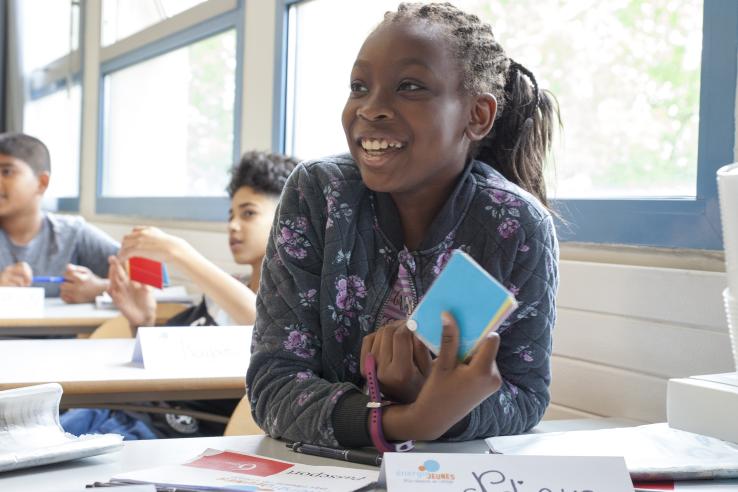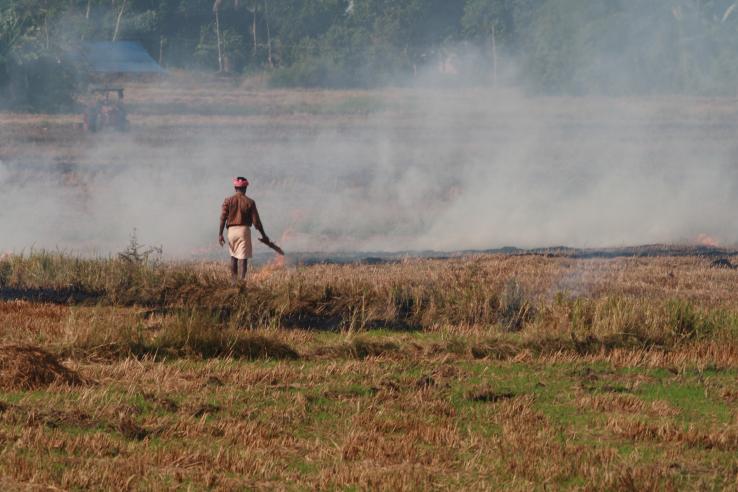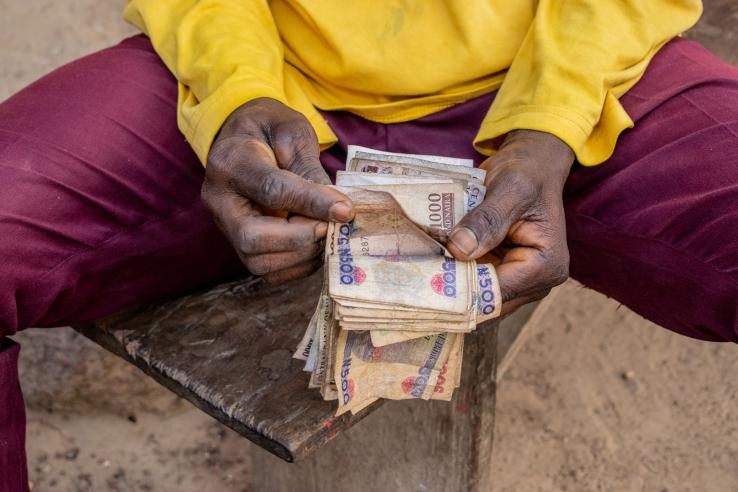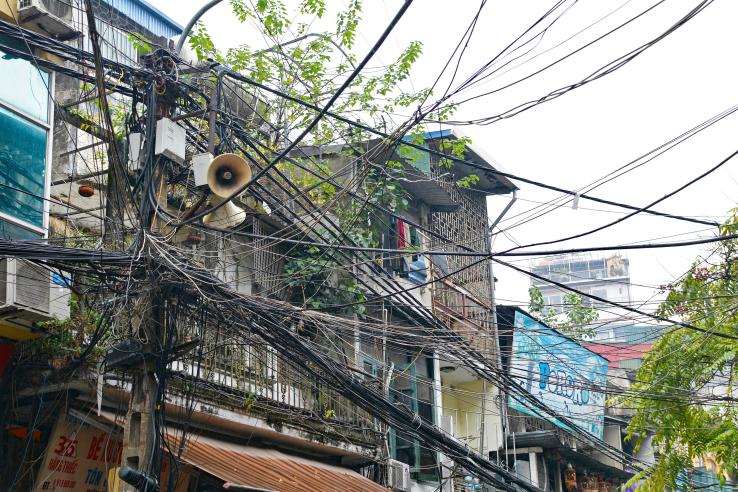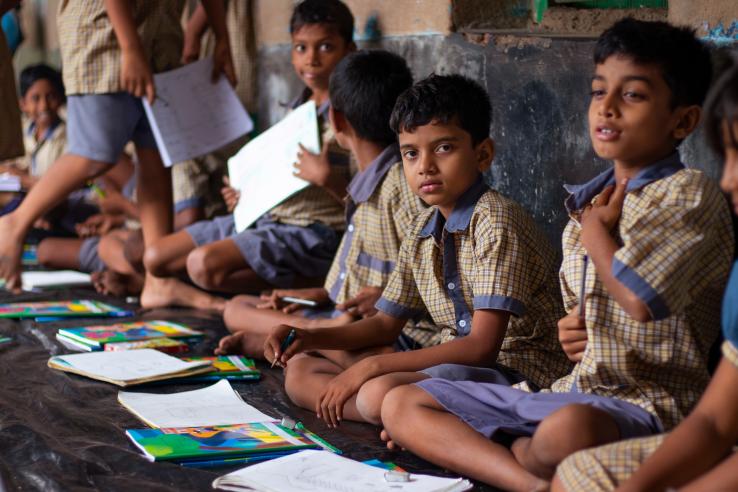Displaying 6841 - 6855 of 8491
Person
Person
Person
Person
Person
Blog
Randomized evaluations can provide credible, transparent, and easy-to-explain evidence of a program’s impact. But in order to do so, adequate statistical power and a sufficiently large sample are essential.
Evaluation
Researchers evaluated the impact of a series of class discussions in middle school that emphasized the importance of these skills on student behavior and test scores. The program improved participating students’ academic achievement, particularly among girls, well-behaved students, and non-recipients of financial aid.
Evaluation
Researchers conducted a randomized evaluation to test the impact of offering financial rewards to farmers to stop burning rice stalk stubble on their eventual crop residue burning decisions in Punjab, India. They found that pre-harvest payments to farmers helped them to take costly actions to reduce burning by 10 percentage points, compared to when farmers only received payments after completing harvest and field-clearing.
Evaluation
Researchers conducted a randomized evaluation to test the effect of a basic CCT program, as well as two complementary interventions, on households’ vulnerability to irregular weather patterns. Providing households with vocational training or capital grants to generate non-agricultural income helps improve consumption and resilience to weather shocks.
Evaluation
Researchers conducted a randomized evaluation during the summer months of 2023 to test the impact of using contracts or contests to encourage energy savings and assess their cost-effectiveness. Researchers found that contests and contracts achieved similar levels of energy savings. However, contests were nearly twice as cost-effective compared to contracts.
Resource
Basic page
The Climate Action Learning Lab supports state and local governments, nonprofits, and industry leaders in the US in identifying and scaling effective decarbonization and adaptation strategies to address the dual challenges of poverty and climate change.
Event
Join J-PAL North America, researchers in the J-PAL network, and climate leaders from Orlando, Florida, for a conversation on the role and promise of rigorous evaluation in informing effective, accessible climate solutions.
Research Paper
File: Research paper
Evaluation
Researchers evaluated a secondary school readiness program, Utkarsh, that provided targeted instruction to students in Odisha, India.
